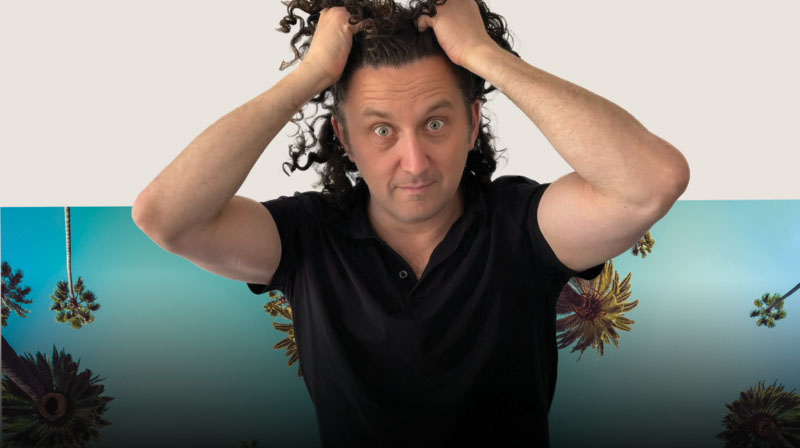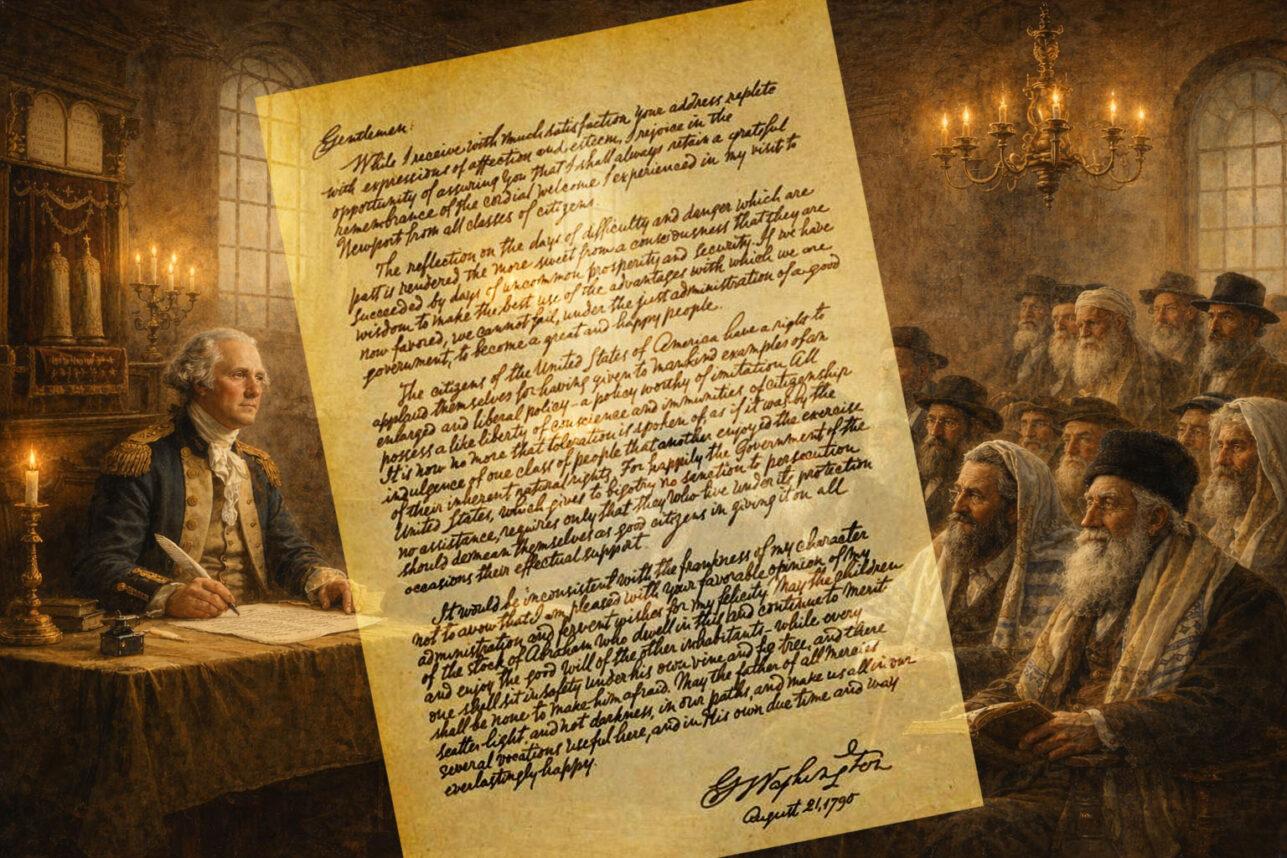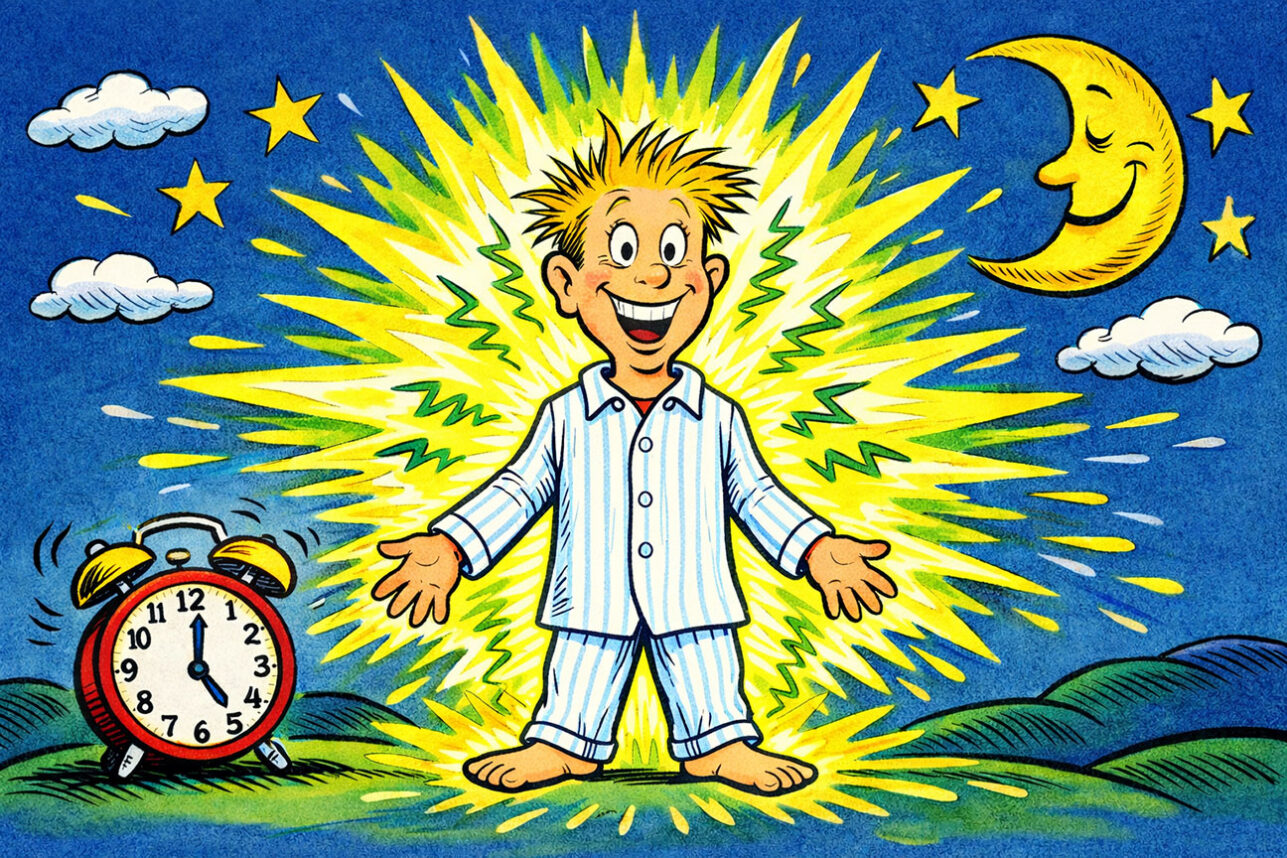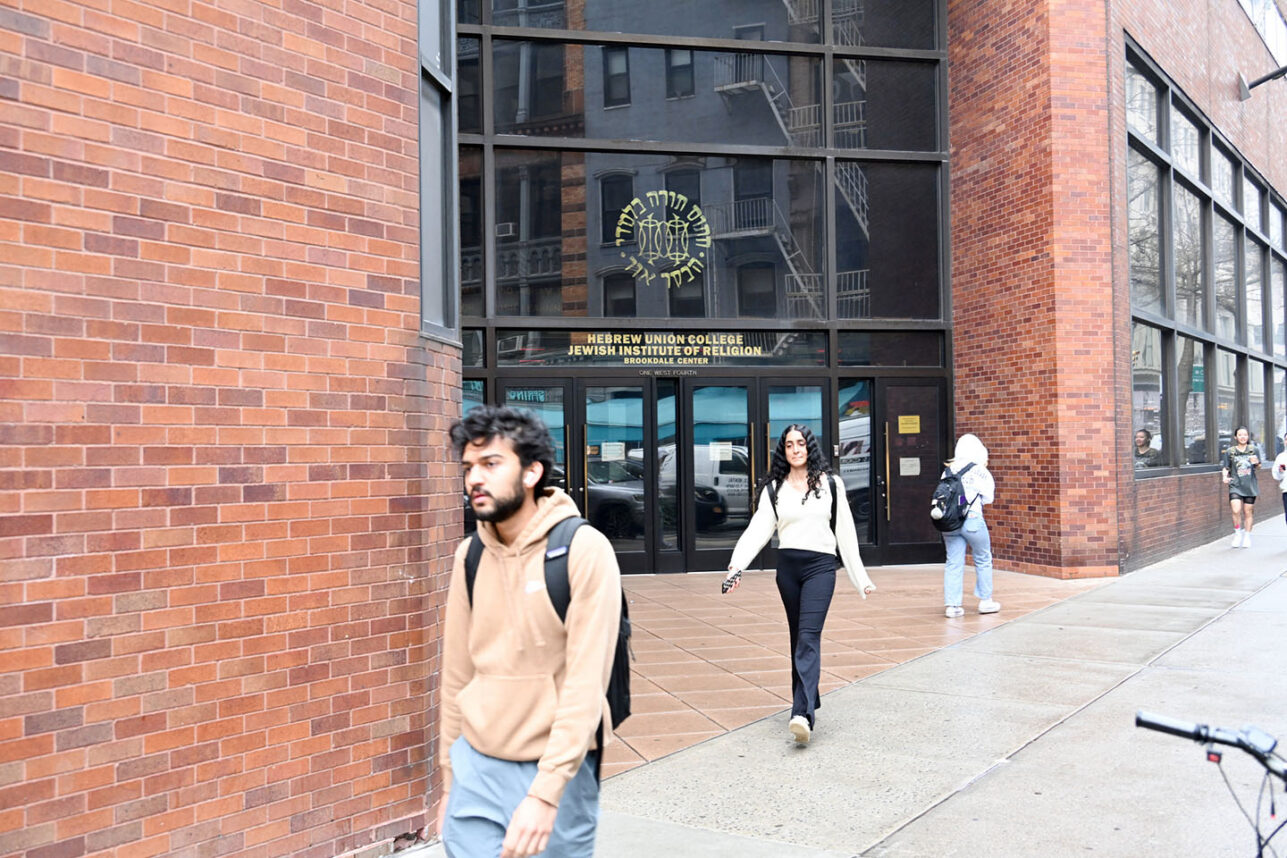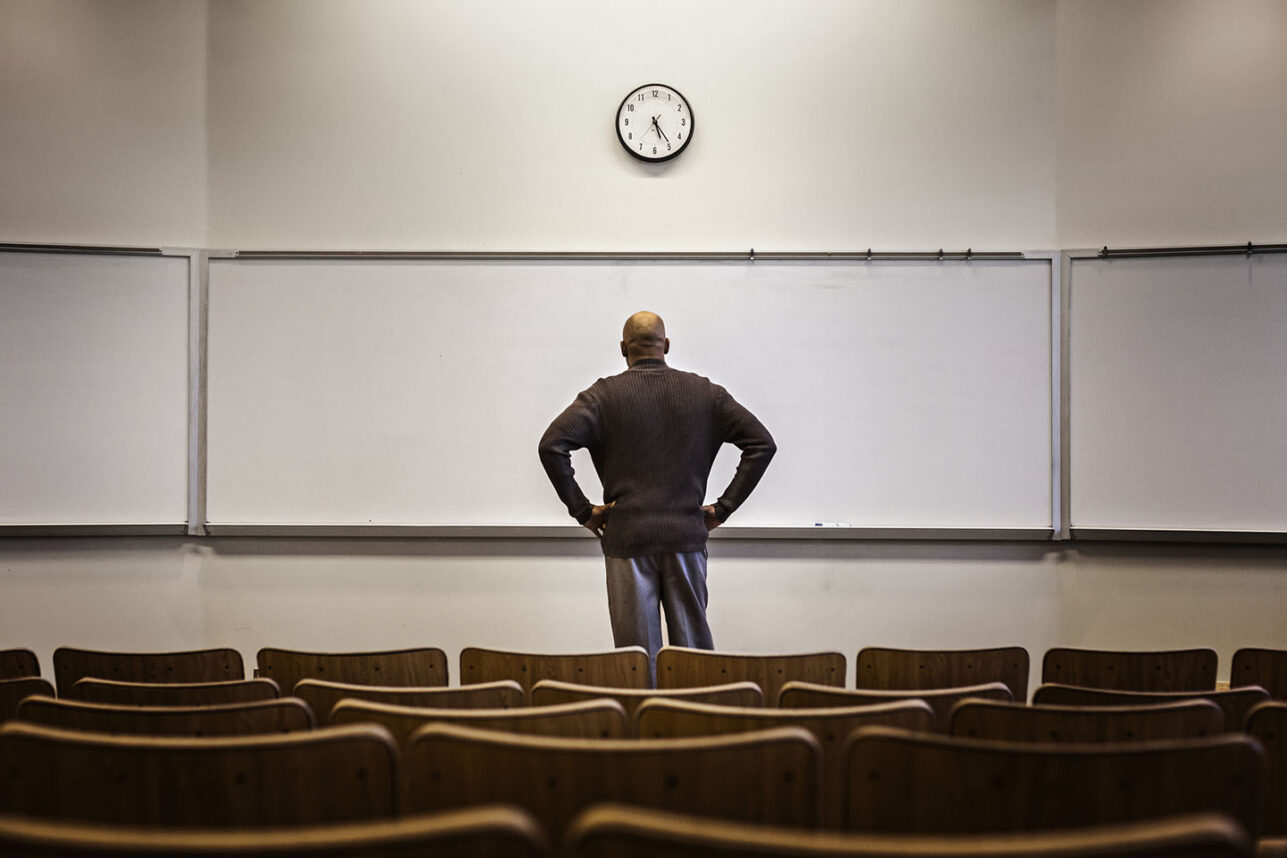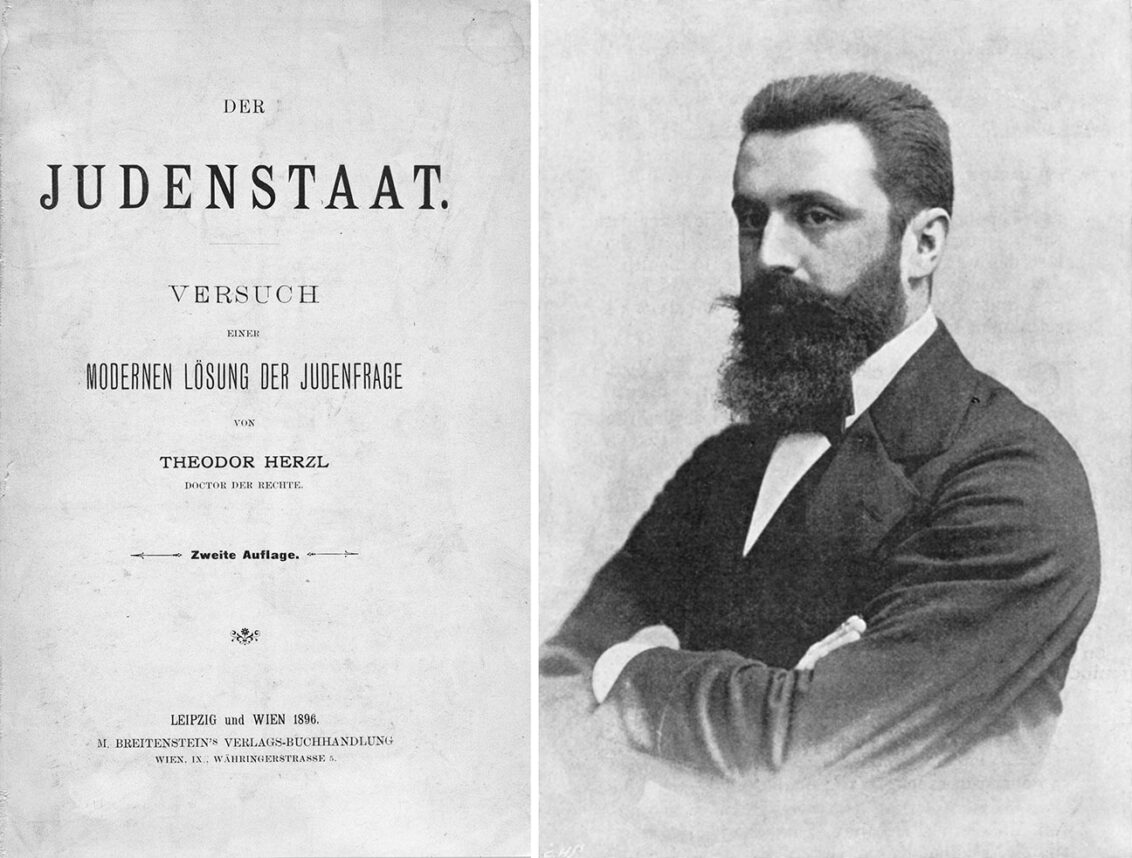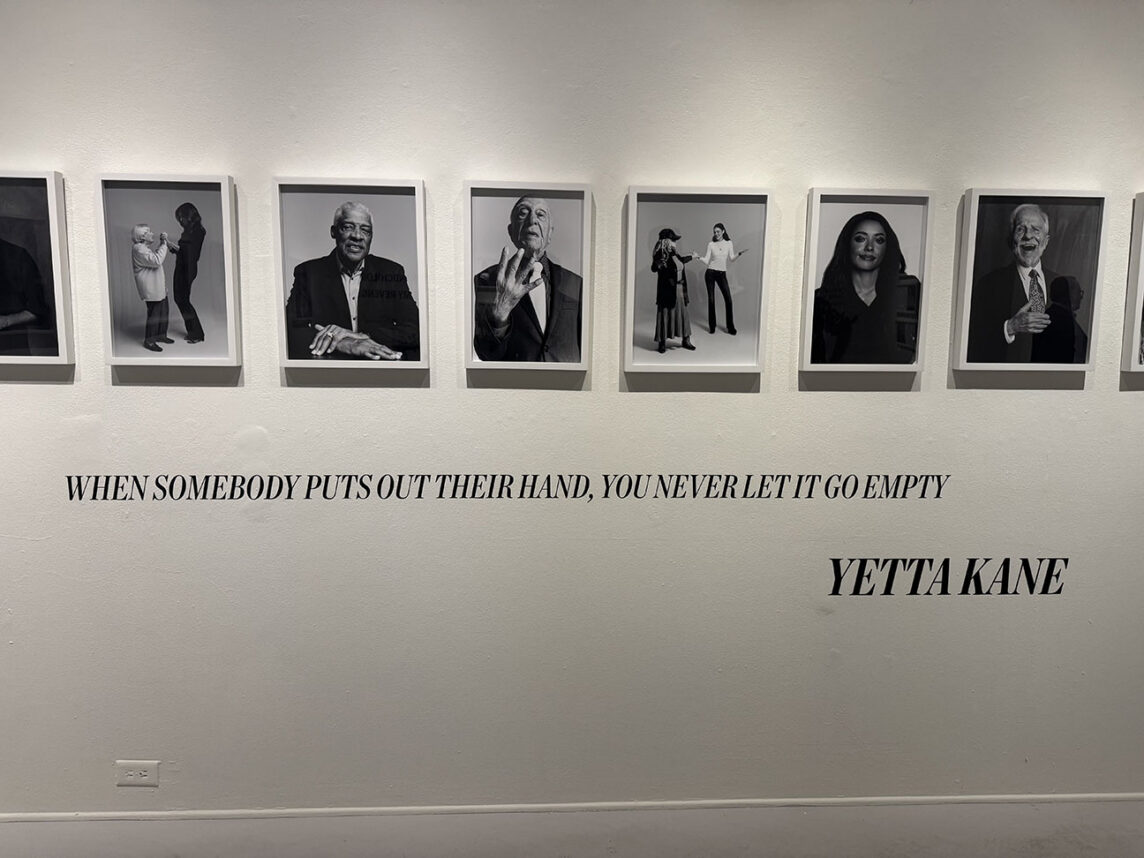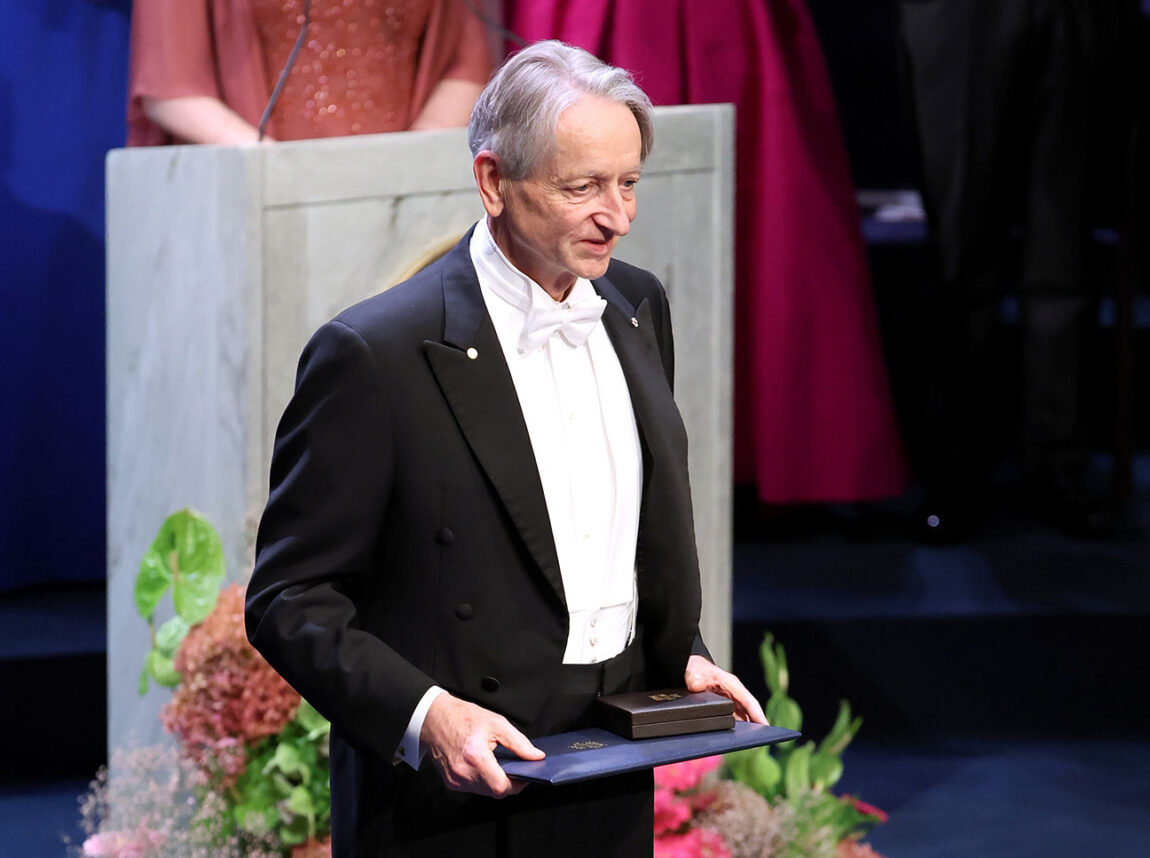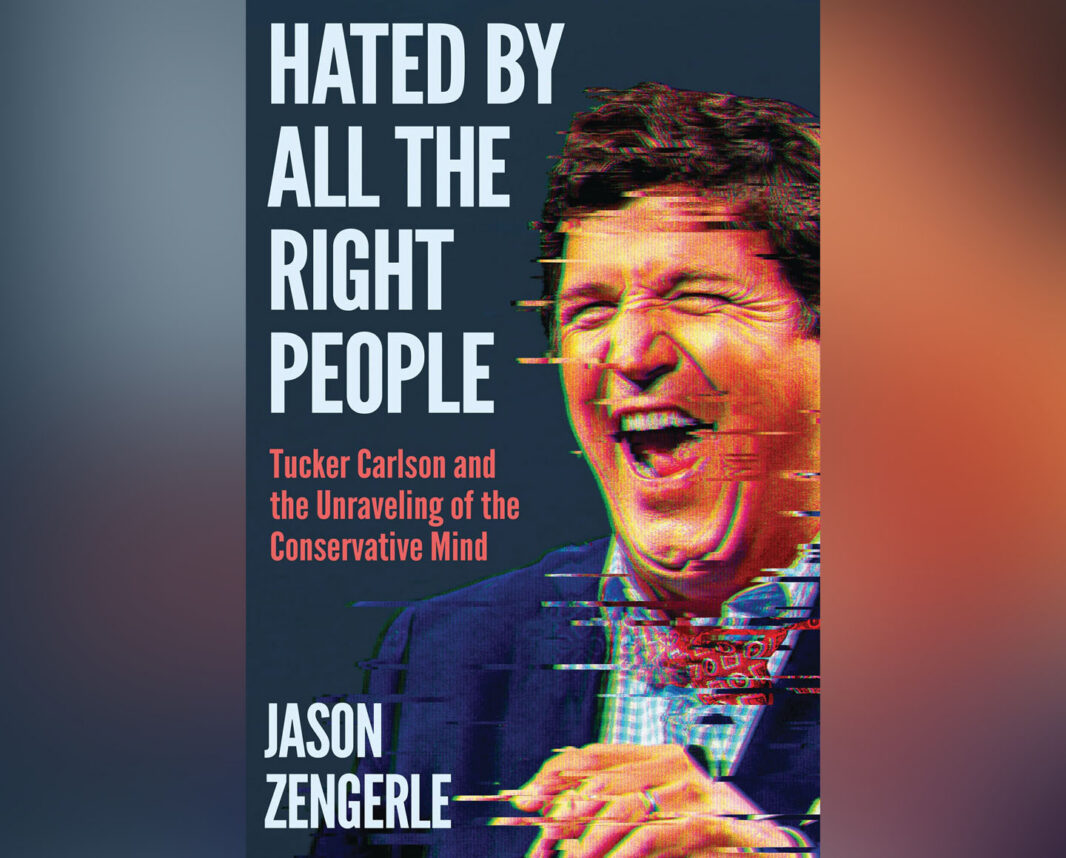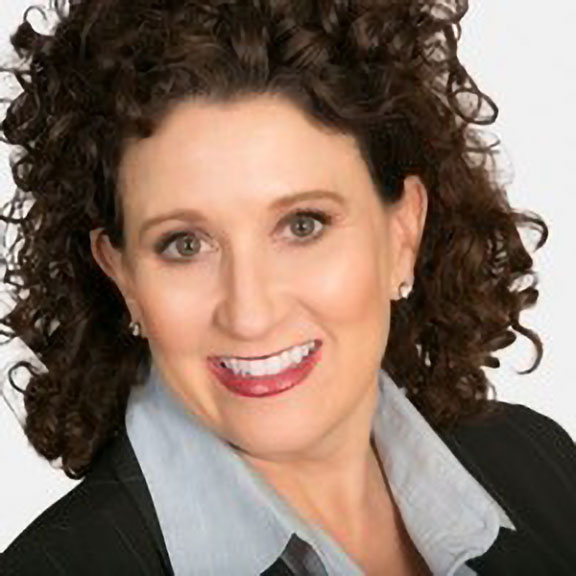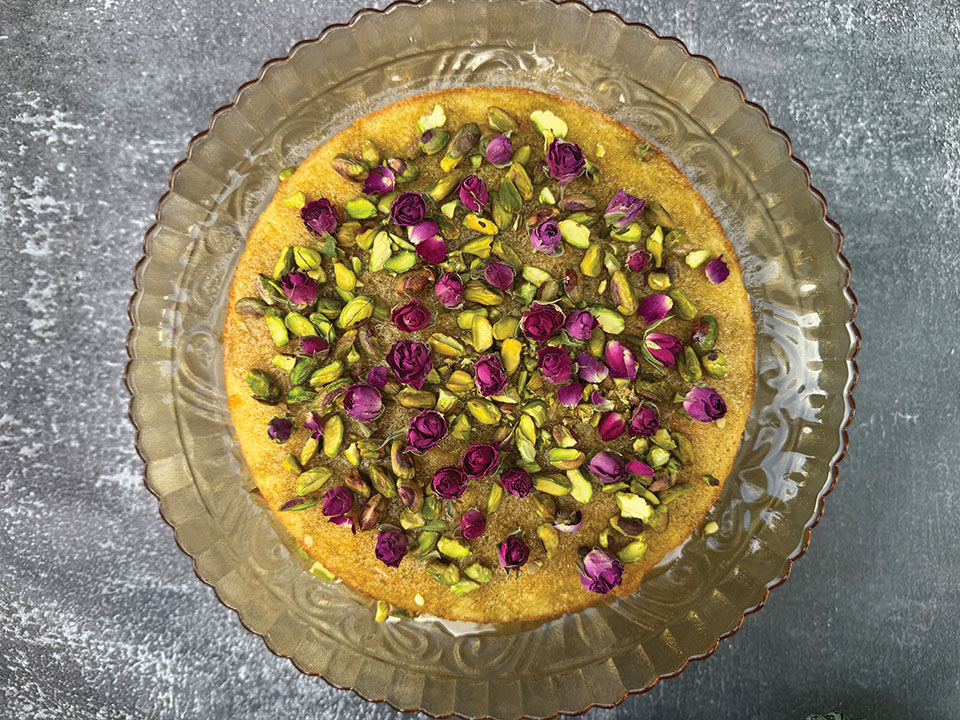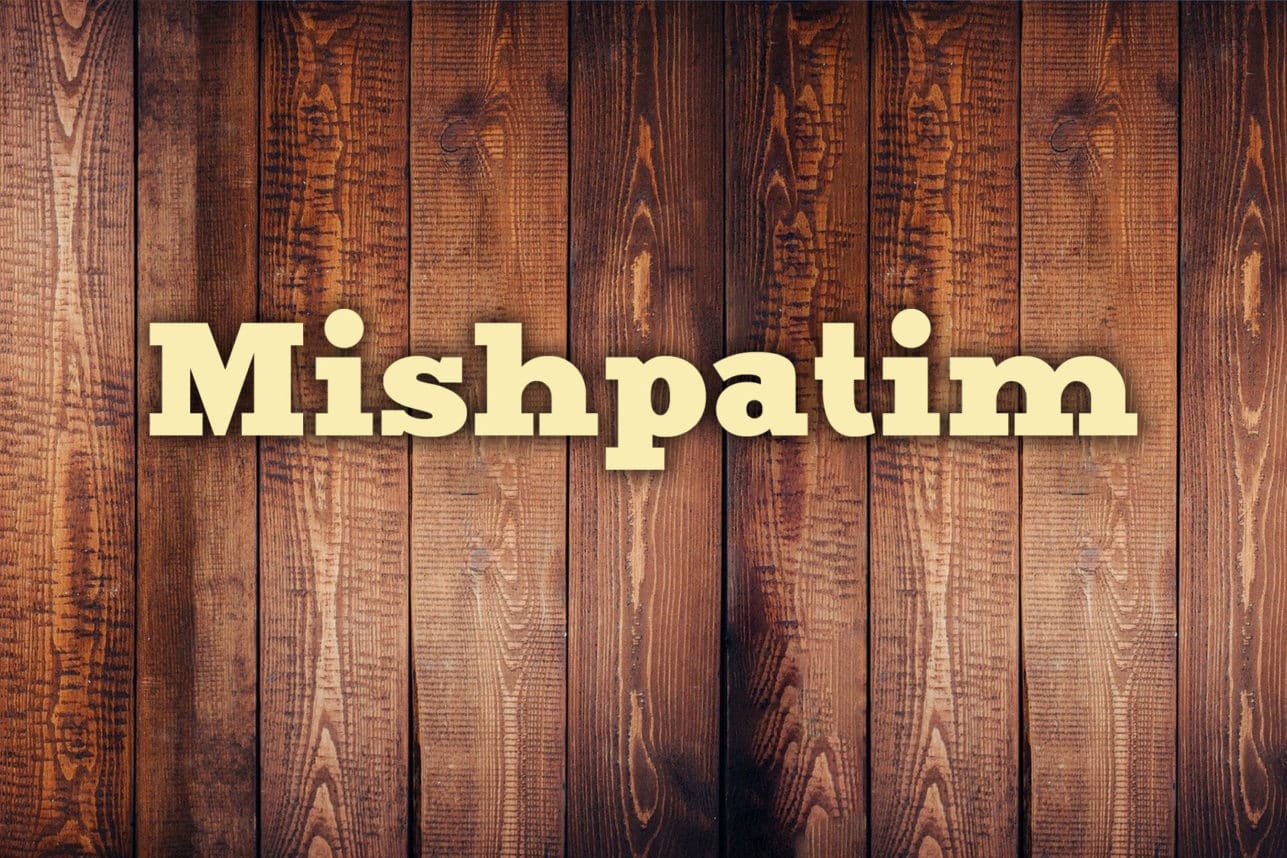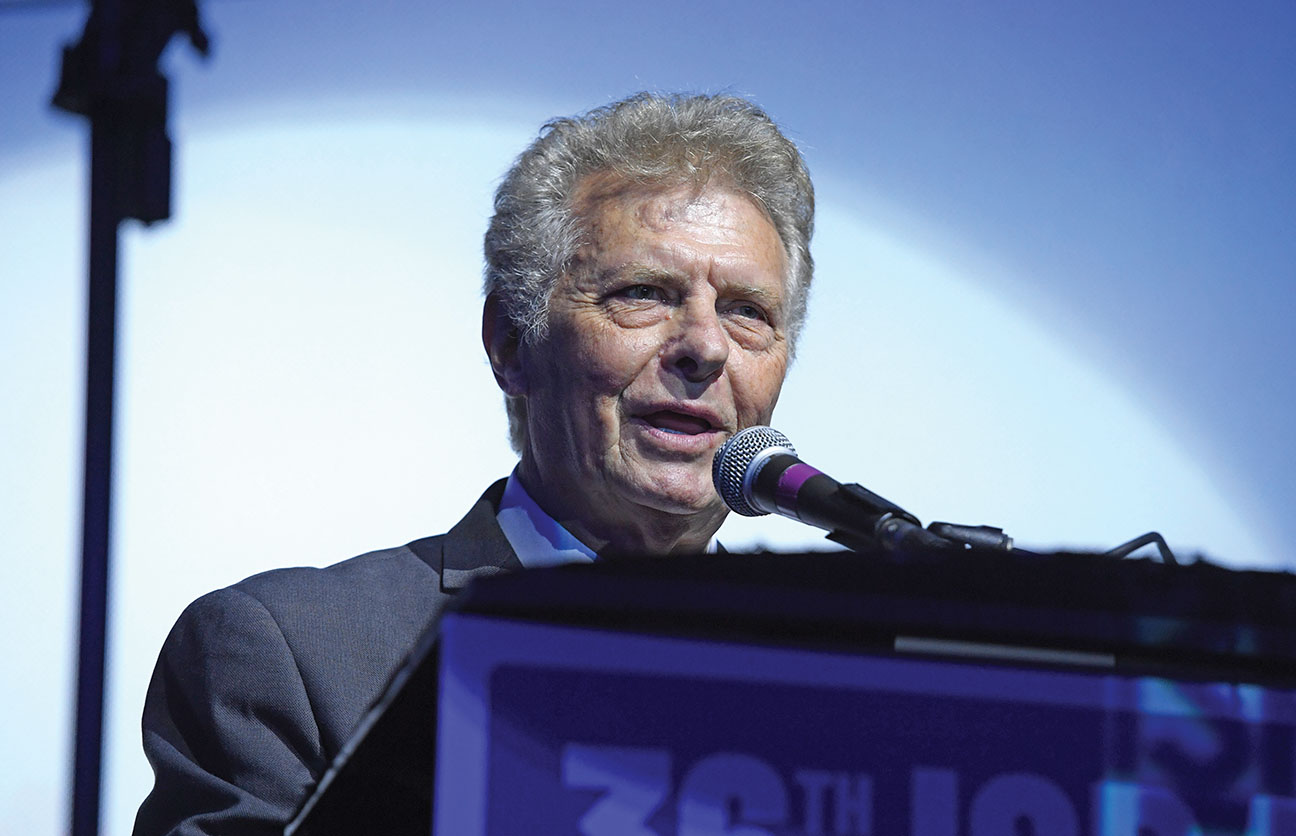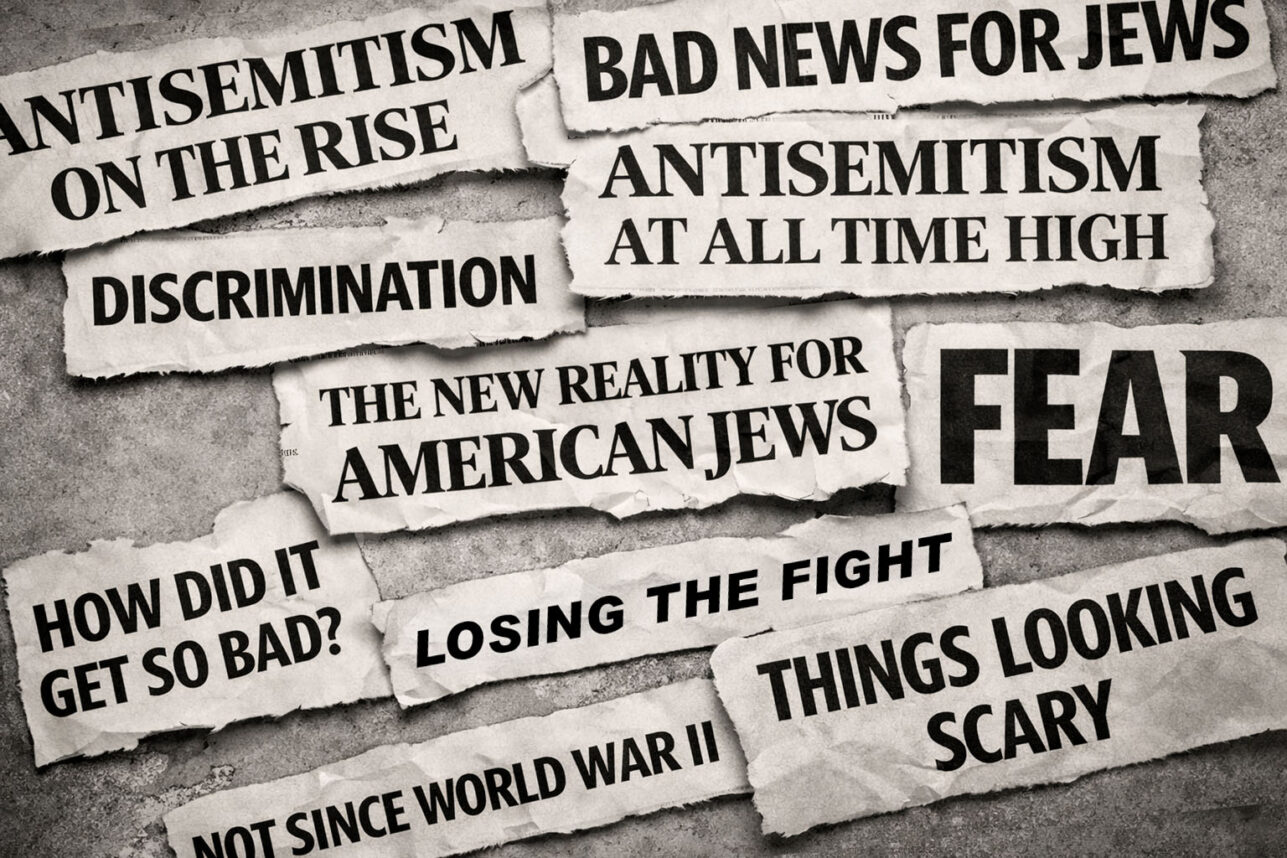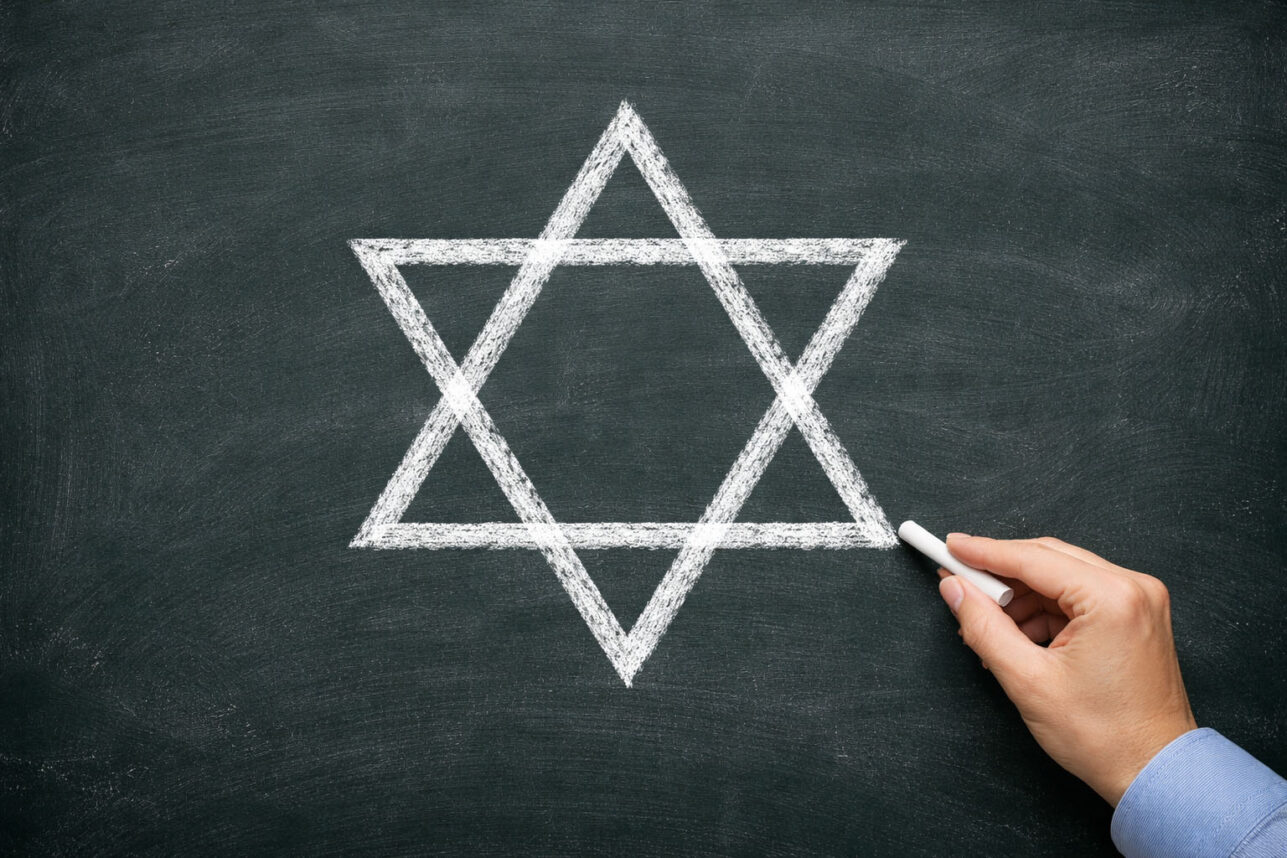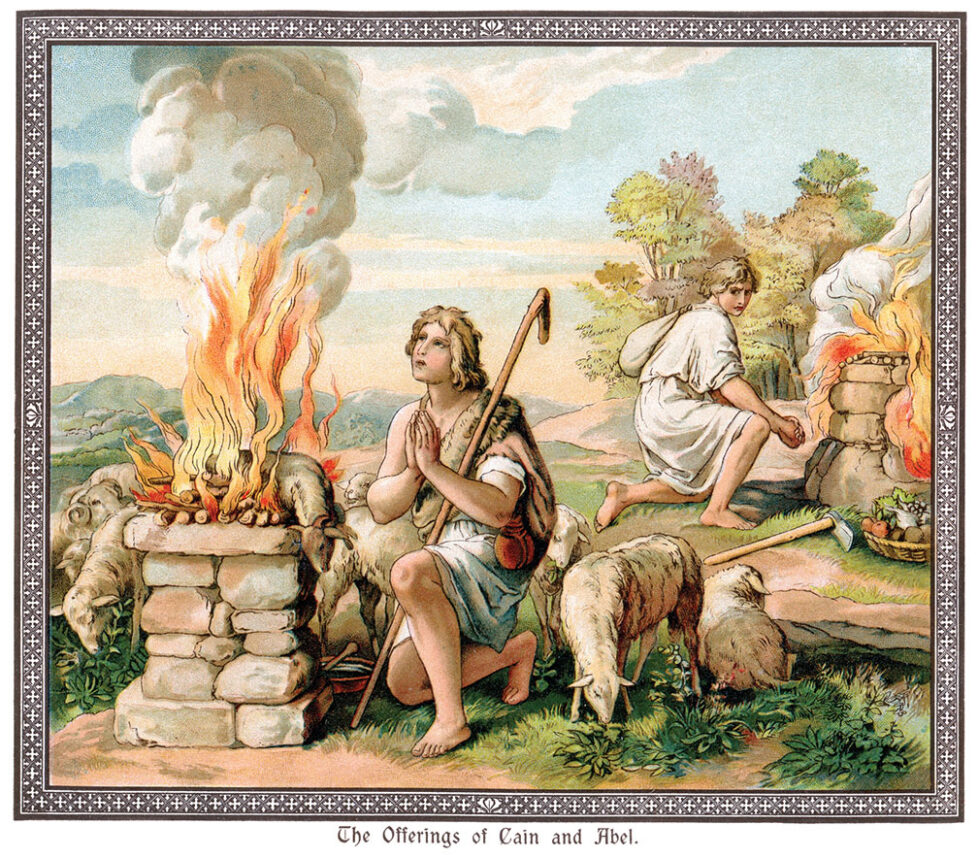
In the industry of self-help, one of the more popular ideas in recent years has been the “do over.” If you’re unhappy or feeling unfulfilled, just shed the old you and start over. We also hear that sentiment at the beginning of each calendar year: “Out with the old, in with the new.”
Even in our view of American history, we’ve witnessed an instinct to gloss over foundational events of our past. The highly publicized 1619 Project, for example, an ongoing initiative of The New York Times, skips over the country’s official founding in 1776 and reframes our history around the first boat to bring slaves in 1619.
This effort to reframe and redefine the past, as if history itself needs a do-over, takes the easy way out. Rather than doing the hard work of digging into our foundational narratives and texts as our basis to seek progress, we jump to new and reductive narratives based on convenient agendas. A new me, a new history, a new day.
The Jewish holiday of Rosh Hashana teaches us a different approach to the past. Instead of a redo, we aim to renew. We’re obligated not to gloss over our existing narratives but to go all in with deep contemplation and self-appraisal. To improve ourselves, we must engage in a specific accounting of where we went wrong, and then ask for forgiveness and commit to what we must do right. We don’t ignore or reframe the bad; we correct it by returning to our better selves.
Indeed, Rosh Hashana is very much about returning to the “better angels of our nature,” in the immortal words of President Abraham Lincoln. (How ironic that the 1619 Project is returning us to the worst angels of our nature.)
The foundational texts of America and Judaism– the Constitution and the Torah– are living documents that have built-in mechanisms to help us renew ourselves. By having faith in these sacred texts and constantly wrestling with them to help us progress, we can move forward in a spirit of shared ideals and common destiny.
When Dr. Martin Luther King Jr. fought for the civil rights of his Black brethren, he had faith in America’s foundational texts— the Constitution, the Declaration of Independence and the Bill of Rights. He knew the mechanisms of redress were already there. So, in seeking justice for his community, he didn’t ask America for anything new. Instead, he asked his country to “cash the check” he already had.
King, in other words, didn’t seek a reframe or a do-over of America. He challenged his nation to live up to its ideals and, in the process, helped America renew itself. This is what President Obama referred to when he urged our nation to work for “a more perfect union.” We don’t redo the nation; we perfect it, we renew it.
The High Holy Days, from Rosh Hashana to the Days of Awe to Yom Kippur, are in that same spirit. They call on us to continually renew ourselves by living up to the ideals enshrined in our foundational texts. To improve as a Jew and as a human being, I don’t need to shed the old me or the old texts. I need to look deeply into both and reconnect with my better self.
Staying true to our narrative, whether for a country or a person, keeps us honest and helps us repent. If we hurt someone, we need to see that action clearly, not reframe it. The action of hurting is the narrative we must confront and correct. That very act of repair leads us to the better angels of our nature.
Yom Kippur is the culmination of that process. When we get to the final prayer of Neilah, emotionally and physically drained, as the gates of heaven are about to close, we know we’ll be renewed when we feel the presence of those angels.
May we all merit to be renewed for a healthy and meaningful 5784.







